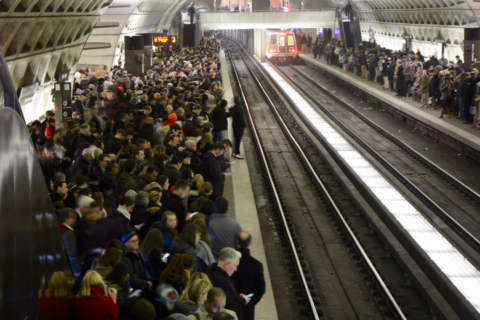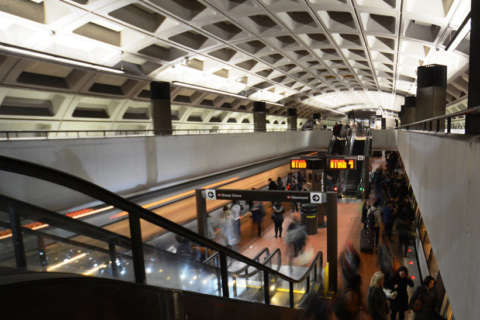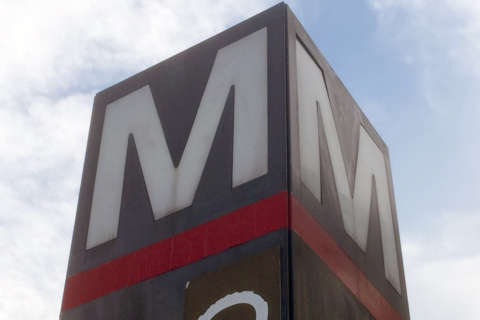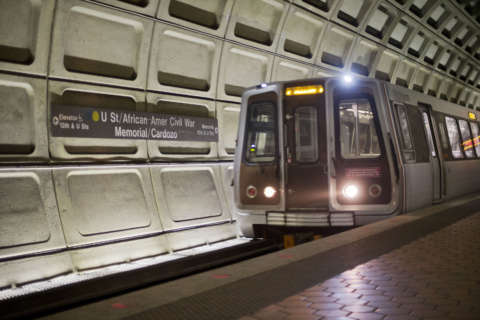WASHINGTON — A Metro ad that aired across the D.C. area during the second quarter of college football’s National Championship Monday night is part of the agency’s efforts to convince rush-hour riders to stick with the transit system.
The ad, first put out more than a year ago, promised that Metro recognizes the problems facing the system, and will get “Back2Good.”
It is part of Metro’s approximately $7 million marketing budget and newly planned “Customer Confidence Program” or “Rush Hour Promise Program” that aims to boost ridership that is far below its peak reached about a decade ago.
Metro has acknowledged that at least 30 percent of the ridership decline is due to concerns about reliability, especially outside of the rush hour when track work is the norm rather than the exception.
Weekend and late-night ridership has fallen much more sharply than rush-hour ridership as Metro has tried to limit disruptions for rush-hour commuters.
In written responses to questions ahead of a Metro Board committee meeting Thursday, Metro staff said there are concerns about additional ridership declines due to the threat of cuts to the federal workforce. And changes in the tax bill that President Donald Trump signed into law last month make it less enticing for employers to offer pre-tax transit benefits.
“As part of Back2Good, WMATA will promote peak period ridership as a reliable and convenient way to travel in early 2018. Once the capital program schedule has been finalized, WMATA will develop additional communications around other service times,” staff wrote.
For now, the next round-the-clock track shutdown will affect the Yellow Line in May. In the meantime, weekend and evening work continues to disrupt riders’ trips, including on the Red Line.
Among other efforts to increase ridership, Metro plans to expand and emphasize weekly and monthly pass options for riders. Riders using passes would automatically receive a $3 credit on Metrorail or could apply for a $1 credit for Metrobus rides that qualify.
Price of an ad
Metro could not give a specific cost for running the “Back2Good” ad during the championship game, spokesman Richard Jordan said, because the ad slots are typically bought as a package.
The cost is included in the “Rush Hour Promise” cost estimate of about $3 million, Jordan said. The $3 million also will cover any expected refunds for the fraction of rush-hour riders whose trips were delayed.
Metro considers a trip delayed if the rider arrived 15 minutes later than Metro’s schedule, which factors in the time it takes to walk from the fare gates to the platform, the maximum wait time between scheduled trains, the travel time and the time it takes to exit the station.
Initial Back2Good advertising that began in November 2016 cost about $400,000, including production of the ad that ran Monday night.
Watch the 60-second ad below:








